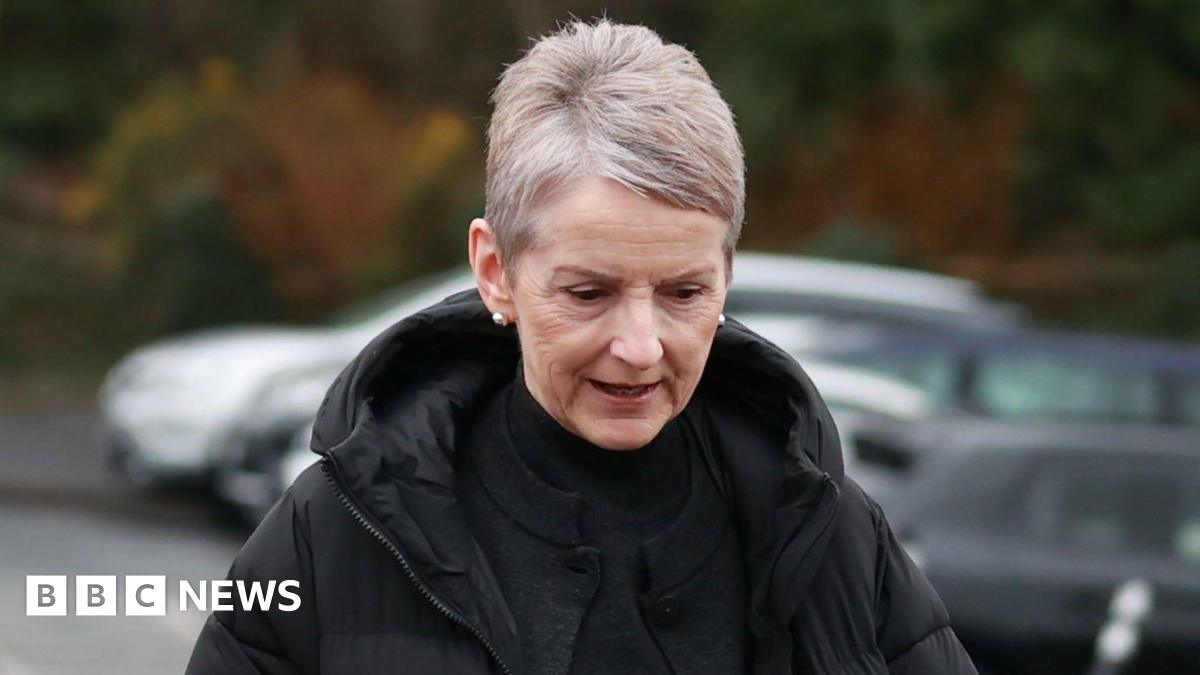Mamdani Urges NYPD to Shift Mental Health Response: A Bold Proposal for New York City

In a surprising and potentially pivotal moment during his mayoral campaign, Democratic nominee Zohran Mamdani directly addressed a room full of NYPD officers on Tuesday night. Mamdani's message was clear: the NYPD shouldn't be the primary responders to mental health crises. This stance, coming from a candidate who has recently faced scrutiny over past social media posts critical of law enforcement, has sparked considerable debate and raises fundamental questions about public safety and resource allocation in New York City.
The encounter occurred at a forum where Mamdani fielded questions from the officers. His assertion that police officers are not best equipped to handle situations involving individuals experiencing mental health challenges resonated throughout the room, prompting both agreement and disagreement. Mamdani’s proposal centers on diverting these calls to trained mental health professionals and social workers, arguing that a specialized approach would lead to better outcomes for both the individuals in crisis and the community as a whole.
“We need to recognize that sending armed officers to situations involving mental health is often escalating the situation, not de-escalating it,” Mamdani stated. He envisions a system where 311 calls reporting mental health concerns are routed directly to a network of qualified professionals who can provide immediate support and connect individuals with appropriate resources.
This isn't a new concept. Cities across the country are experimenting with similar models, often referred to as co-responder programs or crisis intervention teams. These programs typically involve pairing police officers with mental health professionals, allowing for a more nuanced and compassionate response. However, Mamdani’s proposal goes further, suggesting a significant reduction in police involvement altogether.
The reaction from the NYPD officers was mixed. Some expressed concerns about the potential impact on response times and officer safety. Others acknowledged the limitations of police training in dealing with complex mental health issues. The debate highlights a growing tension between the traditional role of law enforcement and the increasing recognition of the need for specialized mental health services.
Mamdani’s campaign has consistently championed a progressive agenda focused on social justice and economic equality. This proposal aligns with that vision, arguing that investing in mental health services is not only a compassionate approach but also a fiscally responsible one. By reducing the reliance on police resources for mental health calls, the city could potentially free up officers to focus on more serious crimes and improve overall public safety.
The timing of this announcement is noteworthy, given the recent controversy surrounding Mamdani's past social media activity. Critics have accused him of being anti-police, while supporters argue that his views reflect a desire to reform the criminal justice system and prioritize community well-being. Whether this proposal will sway voters remains to be seen, but it undoubtedly adds another layer of complexity to the mayoral race and forces a crucial conversation about the future of public safety in New York City. The question now is: can a city grappling with rising crime rates and a strained social safety net afford to rethink its approach to mental health response?





